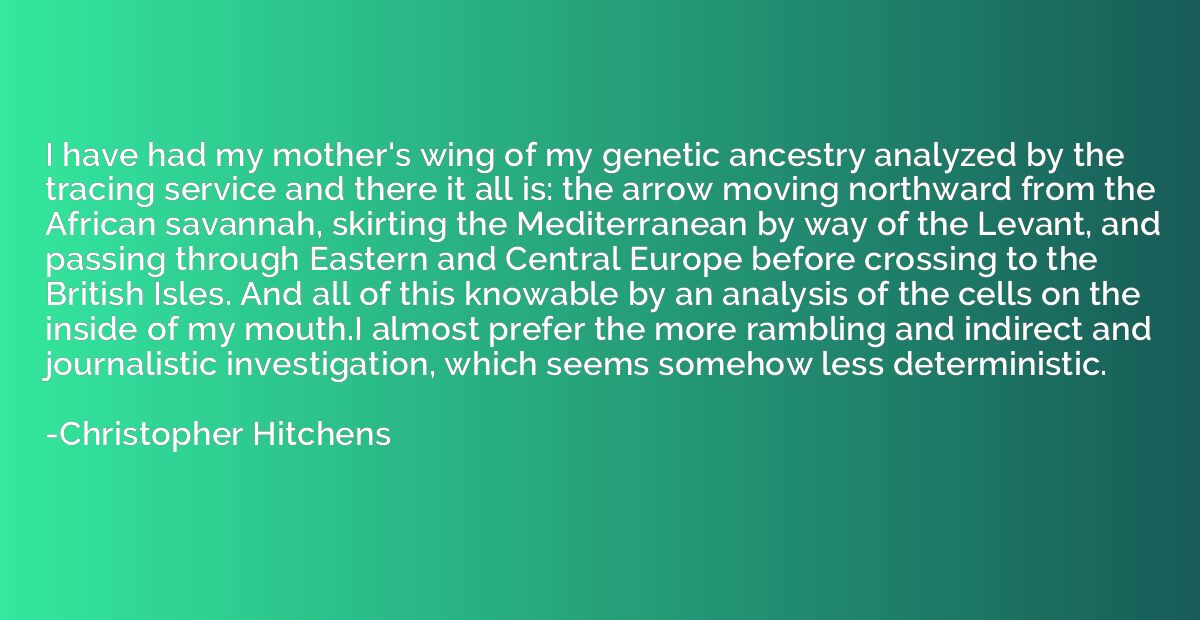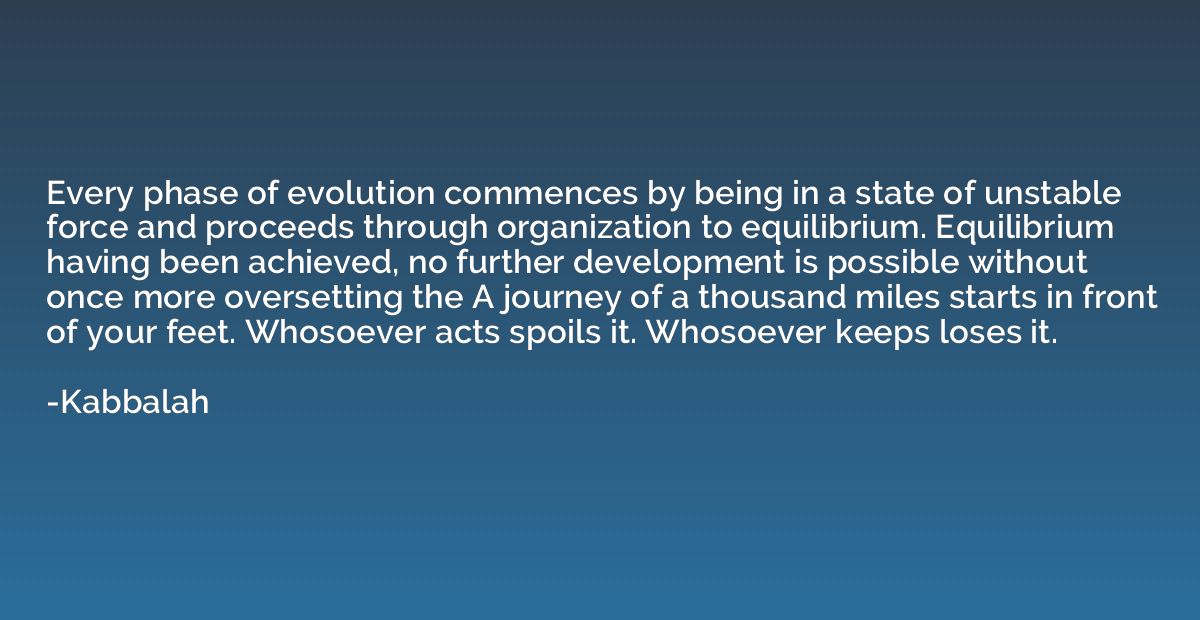Quote by Bible
My dear brothers, take note of this: Everyone should be quick to listen, slow to speak and slow to become angry, for man's anger does not bring about the righteous life that God desires. James 1:19-20

Summary
This quote from the Bible, specifically James 1:19-20, emphasizes the importance of active listening, thoughtfulness in speech, and the control of anger. It advises individuals to refrain from hastily reacting or responding in anger. Instead, it encourages them to prioritize patient listening and measured speech. By doing so, one can foster understanding, avoid conflicts, and cultivate a righteous life, aligned with God's desires. The quote serves as a reminder to exercise self-restraint and seek peaceful resolutions, rather than allowing anger to cloud judgments and lead to unrighteous actions.
By Bible














